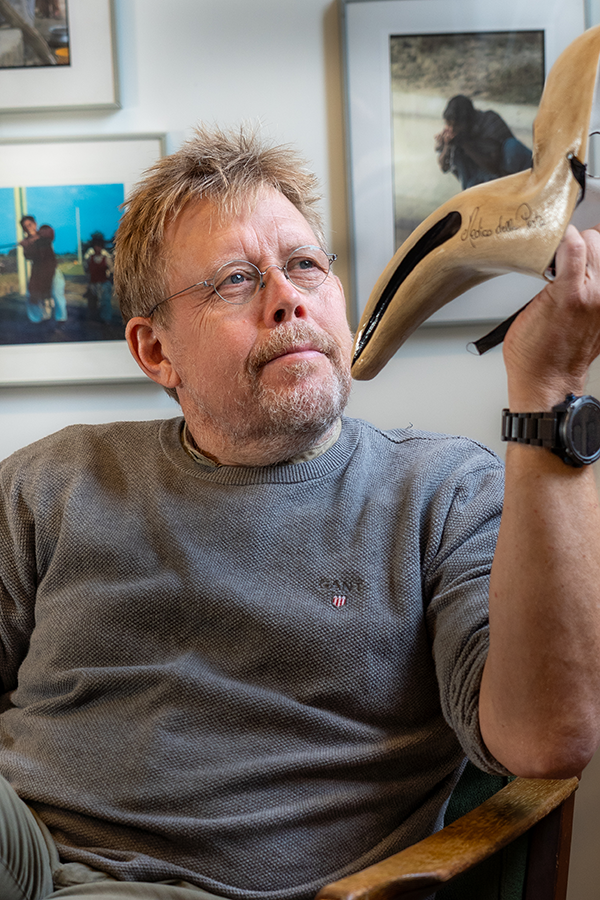University of Copenhagen
Peter Kjær Mackie Jensen
About climate refugees in Bangladesh.
Imagine struggling to survive in urban slums because rising sea levels have destroyed your home and the land you used to live off. This is a reality for many climate refugees in Bangladesh.
Our research seeks to identify the challenges faced by new slum dwellers, particularly in relation to poor hygiene and associated diseases such as cholera. We follow 450 residents in the impoverished slums of Dhaka. Half of them have lived there all their lives, while the other half were forced to move there by rising sea levels.

We have made a major discovery in the area: It turns out that 95% of the faecal bacteria consumed by slum residents come from their meals, not from the dirty drinking water, as previously thought. In that way, we are beginning to understand that drinking water does not have a major impact on the health of residents, but that you need to look at the housekeeping as a whole – especially food and kitchen hygiene – to put an end to diarrhoeal diseases.
The research project is important because more and more people around the world will be exposed to similar scenarios as climate change displaces people from rural to urban areas. Therefore, it is important to be able to address the health risks associated with such a shift.
”The mask I am holding was widely used during the Black Death in the 14th century. Just as doctors back then didn’t understand the spread of the plague, there are many things we don't understand today about transmission routes in the slums of Dhaka.
Meet the researcher
Peter Kjær Mackie Jensen is associate professor at the Department of Public Health at the University of Copenhagen.